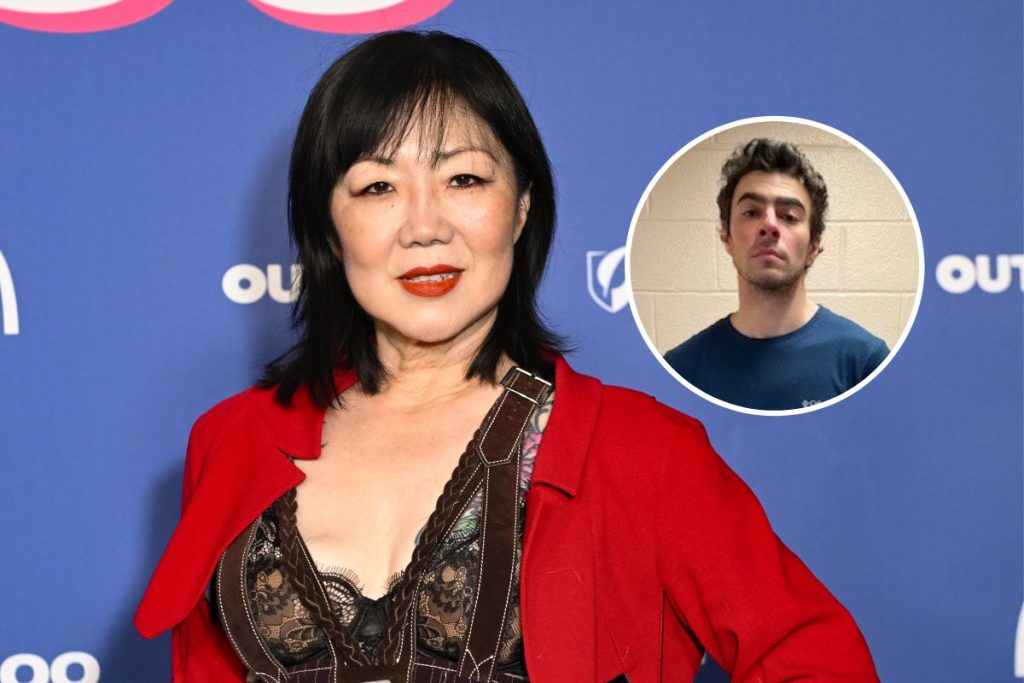The comedian Margaret Cho found herself embroiled in controversy following a red-carpet interview at the Out100 awards ceremony. Responding to a question about what she was “holding space for,” a popular online meme referencing giving attention or support to a particular person or cause, Cho mentioned Luigi Mangione, the suspect in the shooting death of UnitedHealthcare executive Brian Thompson. Her comments focused on Mangione’s physical appearance, praising his “eyebrows,” “body,” and “abs.” This sparked immediate backlash, particularly from British broadcaster Piers Morgan, who condemned her remarks as “sickening.” The incident ignited a fiery online debate, dividing public opinion on Cho’s comedic intentions, the appropriateness of humor in such a context, and the broader issues surrounding healthcare affordability and corporate responsibility in the United States.
The core of the controversy stems from the complex and emotionally charged nature of the situation. Luigi Mangione, a young Ivy League graduate from a prominent Maryland family, stands accused of a brazen act of violence, allegedly shooting Thompson as he left a Midtown Manhattan hotel. While the legal process is still unfolding, and Mangione maintains his innocence, the incident has become a lightning rod for diverse perspectives. Some view Mangione as a criminal who deserves swift justice, while others perceive him as a symbol of frustration with the perceived failings of the private healthcare system in the U.S. This polarized public reaction formed the backdrop against which Cho’s comments were interpreted, fueling the passionate responses from both her detractors and supporters.
Cho’s remarks, delivered in a seemingly lighthearted manner on a red carpet, were interpreted differently by various factions online. Some perceived her comments as insensitive and disrespectful to the victim and his family, trivializing the gravity of the situation. Others argued that she was simply exercising her right to free speech and engaging in dark humor, a common comedic tool used to address difficult and uncomfortable topics. This interpretation saw her comments not as an endorsement of violence but rather as a satirical commentary on the public’s sometimes-superficial reactions to complex events. The debate surrounding Cho’s intentions highlights the subjective nature of humor and the challenges of navigating sensitive topics in the public sphere.
Adding fuel to the fire was Piers Morgan’s condemnation of Cho’s remarks. Morgan, known for his outspoken views and frequent online sparring, amplified the controversy by sharing the clip of Cho’s interview with his substantial following, characterizing her comments as “sickening.” This further polarized the online discussion, drawing in more voices and intensifying the debate. Morgan’s involvement transformed the incident from a relatively contained online exchange into a larger public spectacle, highlighting the power of social media to amplify and shape public discourse.
The incident involving Margaret Cho and Luigi Mangione transcended a simple joke about a suspect’s appearance. It became a catalyst for a larger conversation about the American healthcare system, income inequality, and the growing frustration with corporate power. Mangione’s alleged manifesto, discovered after his arrest, railed against the “parasites” in the healthcare industry, suggesting a motive rooted in anger and disillusionment with the status quo. This resonated with a segment of the population who share similar frustrations with rising healthcare costs and the perceived greed of insurance companies. Cho’s comments, regardless of her intent, inadvertently tapped into this simmering discontent, transforming her into an unlikely figurehead for a complex and emotionally charged debate.
The online reaction to Margaret Cho’s comments highlighted the complexities of navigating humor, tragedy, and social commentary in the digital age. While some condemned her remarks as insensitive and disrespectful, others defended her right to free speech and interpreted her comments as satirical commentary. The incident underscored the subjective nature of humor and the challenges of expressing oneself in a public forum where diverse interpretations and reactions can quickly escalate into widespread controversy. The ongoing conversation also exposed deeper societal tensions surrounding the American healthcare system, corporate greed, and the search for accountability. The case of Luigi Mangione, whether he is ultimately found guilty or innocent, has become a symbol of these frustrations, further complicating the already contentious discourse around Cho’s remarks.


